Natural disasters can strike unexpectedly, and being prepared is key to mitigating the impact on individuals and communities. In this guide, we’ll emphasize the importance of first aid kits and CPR in the context of natural disasters, ensuring that everyone is equipped to respond effectively.
1. The Immediate Need for First Aid in Disasters
a. Injuries and Medical Emergencies:
Natural disasters can result in injuries ranging from minor cuts to more severe trauma. Having a well-equipped first aid kit allows for immediate response to these medical emergencies.
b. Access to Basic Supplies:
A first aid kit typically includes bandages, antiseptic wipes, pain relievers, and other essential supplies. These items can address injuries and provide relief in the aftermath of a disaster.
2. The Vital Role of CPR in Crisis Situations
a. Cardiac Emergencies:
Disasters can lead to stress and anxiety, potentially triggering cardiac emergencies. CPR skills become crucial in responding to sudden cardiac arrests and maintaining blood circulation until professional help arrives.
b. Timely Response:
With natural disasters often causing delays in emergency services, bystanders trained in CPR can play a critical role in providing immediate assistance and increasing the chances of survival.
3. ByGrace CPR Compliance: Tailored Training for Crisis Response
a. Comprehensive CPR Training:
ByGrace CPR Compliance offers comprehensive CPR training, emphasizing the specific challenges posed by natural disasters. Our programs equip individuals with the skills needed to respond effectively in crisis situations.
b. Incorporating Disaster Preparedness:
Our training goes beyond basic CPR, incorporating elements of disaster preparedness to ensure individuals can adapt their response to the unique challenges presented by natural disasters.
4. Creating Disaster-Ready Communities
a. Community Resilience:
Ensuring that communities are well-prepared for natural disasters involves widespread education on first aid and CPR. This resilience can minimize the impact of emergencies on individuals and neighborhoods.
b. Promoting CPR Certification:
Encouraging individuals to become CPR certified enhances the overall readiness of a community. CPR certification contributes to a network of responders capable of assisting in times of crisis.
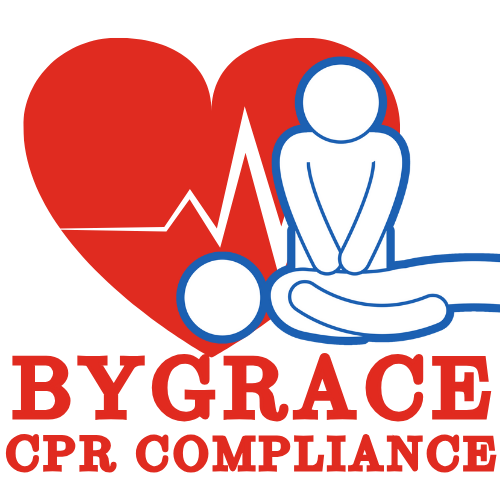
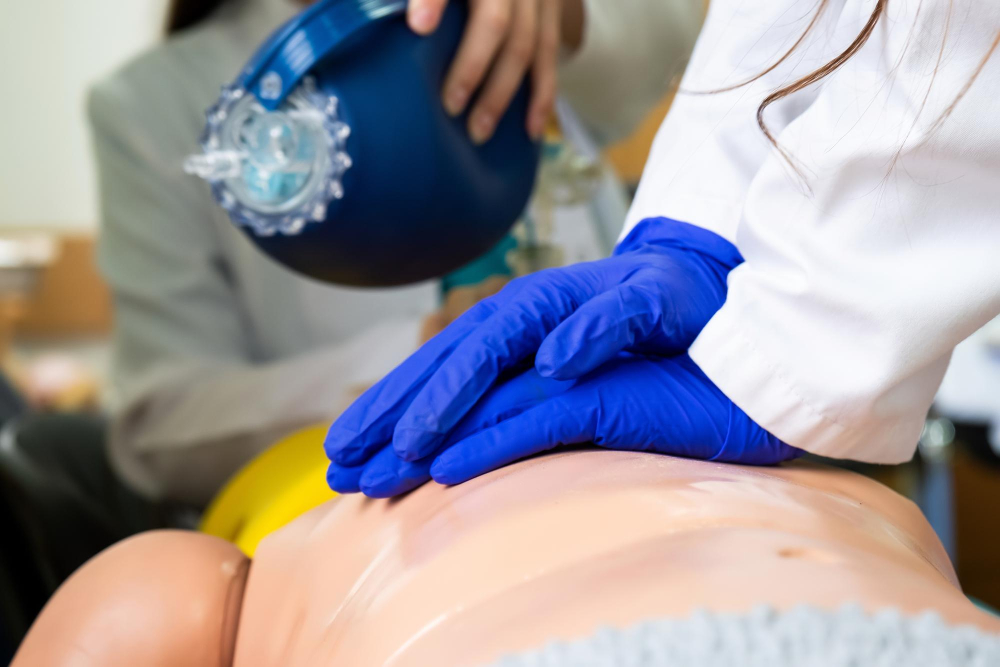
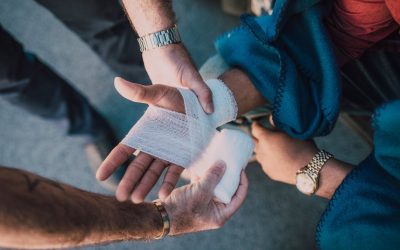
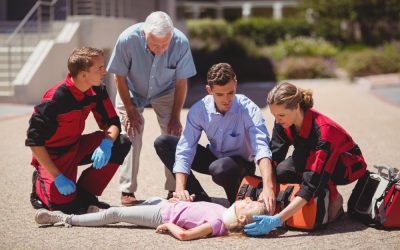
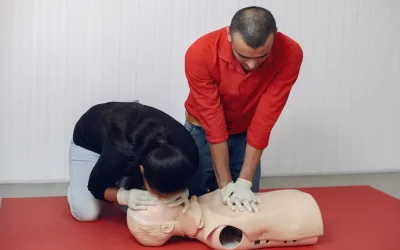
0 Comments